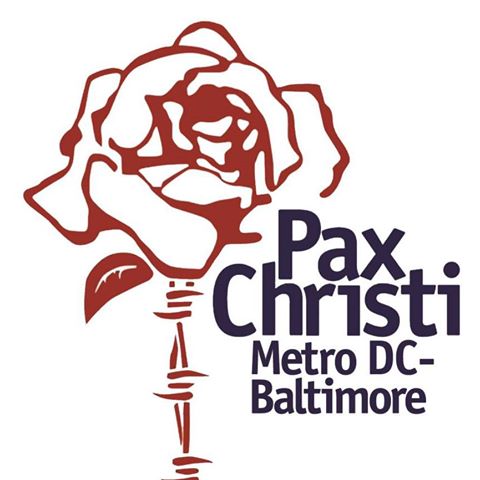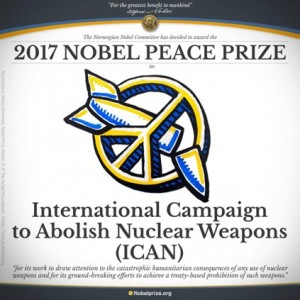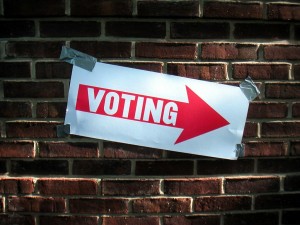Yesterday, I spent the day in deep dialogue at a forum titled Creating Sustainable Peace Networks: Multi-View, Multi-Faith. We shared stories—personal and painful—of war, violence, loss, and survival. It was a sacred space, full of honesty and heartbreak.
I was still holding some of the sadness when I came home and turned on the news.
As someone committed to contemplative, nonviolent action, I believe that silence in the face of injustice is never neutral. The integrity of our collective conscience is measured not only by what we condemn, but also by what we ignore. Our moral compass is revealed by the consistency—or inconsistency—of our grief.
In a world reeling from conflict, displacement, and the erosion of truth, we are being called to account—not just for how we respond to suffering, but for whose suffering we choose to see.
For the past several days, I’ve watched a rise in political commentary and media attention around the idea of a so-called “genocide” of white South African farmers. These deaths—like all violent deaths—are heartbreaking and demand justice. But the term genocide has a very specific and grave meaning: the deliberate extermination of a group based on race, ethnicity, religion, or nationality. To misuse it is to distort truth and diminish the gravity of atrocities that meet this threshold elsewhere in the world.
South Africa’s crime crisis is real and severe—affecting Black and white citizens alike, especially in rural areas plagued by poverty and structural violence. White farmers have indeed been victims of brutal crimes, as have Black farmers, laborers, and township residents. But the idea of a targeted, systematic campaign of racial extermination has been thoroughly debunked by South African human rights organizations and international legal experts. There is no credible evidence of genocide in this context.
When narratives of racialized violence are promoted without evidence, they not only undermine justice—they distract from real, ongoing atrocities that desperately need our attention.
Consider Sudan. Ethnic cleansing, mass killings, and sexual violence have been unfolding with unbearable brutality, and the world’s response has been heartbreakingly muted.
Consider Gaza, where entire neighborhoods have been reduced to rubble, and where the civilian death toll—especially among children—climbs by the day. These are not abstract geopolitical issues. They are humanitarian catastrophes that demand moral clarity and courageous advocacy, more outrage from political leaders, more righteous anger, and more honest media coverage.
And consider the United States. Right here, on our doorsteps, a slower, more normalized atrocity unfolds daily—one we’ve become numb to. Gun violence has become a leading cause of death among American children. Classrooms are turned into crime scenes. Bulletproof backpacks and “active shooter” drills are now part of the school experience. And yet, our political leadership falters. The gun lobby remains unchallenged. We call it tragedy—but not failure. We mourn—but do not act. Our politicians have not called out anyone at meetings and press conferences who have perceived or real connections to gun sales or accessibility.
Where is the public outcry for these children? Where is the televised grief, the emergency legislation, the sustained media attention? Why do false claims of racially motivated genocide in South Africa garner more outrage than the very real mass killings happening in our schools, and the devastation unfolding in Gaza and Sudan?
Selective outrage is not just a moral inconsistency—it is a form of complicity. It tells us whose pain we are willing to amplify, and whose we quietly ignore. It reveals when our empathy is genuine, and when it is manipulated by politics or proximity.
True compassion cannot be partial. Real justice does not pick favorites. If we want to live in a world where all lives are truly valued, then our grief must be as inclusive as our principles claim to be.
As a contemplative activist, I am not driven by outrage for its own sake. I am called to the discipline of attention—the quiet, often uncomfortable practice of seeing clearly. That includes sitting with hard truths and refusing to look away from suffering that does not mirror our own.
It is possible—and necessary—to mourn the lives of white farmers in South Africa without inflating that suffering into something it is not. It is also possible—and imperative—to name real genocides when they occur, whether in Sudan, Gaza, or elsewhere. And it is urgent that we speak with the same moral conviction about the everyday, systemic violence in our own communities.
If we are serious about peace, we must be serious about truth. If we are serious about justice, we must reject narratives that distort and divide. If we are serious about compassion, then it must extend beyond borders, beyond politics, and beyond selective comfort.
This is the heart of contemplative nonviolence work: not just prayerful reflection, but honest reckoning. Not just mourning, but movement. Not just empathy, but courageous action.
Only then can we hope to live in a world where all lives are held sacred—and where no death is used to eclipse another.
~ By Lubanya Peyma



